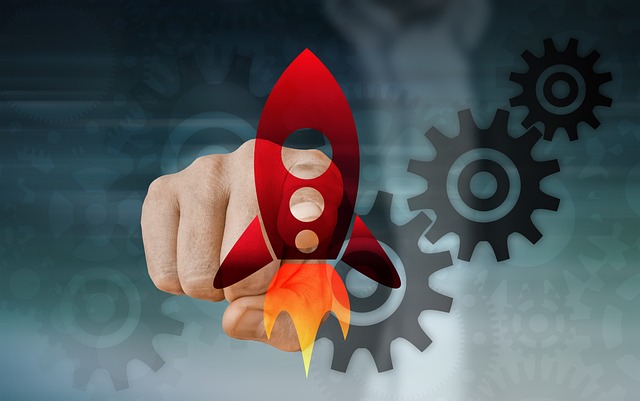# Boosting Your Productivity: Practical Tips for Achieving More in Less Time Every Day
In today’s fast-paced business environment, productivity is paramount. With the advent of artificial intelligence (AI), companies are discovering innovative ways to enhance efficiency and achieve more in less time. This article delves into how AI is revolutionizing productivity in the workplace, offering practical tips for leveraging these technologies effectively.
## Understanding AI’s Role in Productivity
Artificial intelligence encompasses a wide range of technologies, including machine learning, natural language processing, and robotics. These tools have the potential to streamline operations, automate repetitive tasks, and provide valuable insights through data analysis. By harnessing AI, businesses can free up employees to focus on higher-value activities that require human creativity and strategic thinking.
One significant area where AI is making waves is in data management. Organizations often grapple with vast amounts of information, making it challenging to extract actionable insights. AI algorithms can analyze large datasets quickly, identifying trends and patterns that might go unnoticed by human analysts. This capability not only saves time but also enhances decision-making processes, allowing teams to respond to market changes more swiftly.
Furthermore, AI-driven tools can optimize workflows by automating routine tasks. For instance, chatbots can handle customer inquiries, freeing up customer service representatives to tackle more complex issues. By integrating AI into various business functions, companies can significantly reduce the time spent on mundane tasks, enabling employees to dedicate their efforts to strategic initiatives.
## Implementing AI Solutions for Enhanced Efficiency
To fully capitalize on AI’s potential, businesses must carefully consider which solutions align best with their operational needs. Identifying areas where AI can make the most impact is crucial. For instance, companies with extensive customer interactions might benefit from AI-powered customer relationship management (CRM) systems. These systems can analyze customer behavior, predict preferences, and suggest personalized marketing strategies, ultimately driving sales and improving customer satisfaction.
Another promising application of AI is in project management. Tools that utilize AI can help teams prioritize tasks based on deadlines, resource availability, and team member expertise. By automating project tracking and reporting, these tools enable managers to focus on strategic planning rather than getting bogged down in administrative details. The result is a more agile team that can adapt to changing project requirements with ease.
Moreover, integrating AI into communication platforms can enhance collaboration among team members. AI tools can analyze communication patterns, suggest optimal meeting times, and even summarize discussions for those who were unable to attend. This level of efficiency fosters a more cohesive work environment, where information flows seamlessly and teams can work together more effectively.
## Cultivating a Culture of Continuous Improvement
Embracing AI is not just about implementing new tools; it also requires cultivating a culture that values continuous improvement and innovation. Encouraging employees to embrace AI technologies can lead to new ideas and approaches that further enhance productivity. Providing training and resources to help staff understand how to leverage AI tools effectively is essential for maximizing their impact.
Engagement from leadership is equally important. When executives demonstrate a commitment to integrating AI into the workplace, it sends a clear message about the importance of innovation. Regularly sharing success stories and case studies of how AI has improved productivity within the organization can inspire others to adopt similar practices.
Additionally, soliciting feedback from employees on AI tools can provide valuable insights into their effectiveness. Regular check-ins and surveys can help identify any challenges employees face when using these technologies, allowing for timely adjustments and improvements. This iterative approach not only enhances productivity but also fosters a sense of ownership among employees, motivating them to contribute to the organization’s success.
## Conclusion: The Future of Productivity with AI
As businesses continue to navigate an increasingly complex landscape, the role of AI in boosting productivity cannot be overstated. By understanding how AI can streamline operations, implementing effective solutions, and fostering a culture of continuous improvement, organizations can position themselves for success. The future of productivity hinges on the ability to leverage technology intelligently, allowing teams to achieve more in less time while maintaining a focus on innovation and strategic growth.
In summary, the integration of AI into daily business operations offers a transformative opportunity to enhance productivity. Organizations that embrace this shift will not only improve their efficiency but also empower their workforce to reach new heights of creativity and effectiveness. By adopting a proactive approach to AI, businesses can ensure they remain competitive in a rapidly evolving marketplace.











